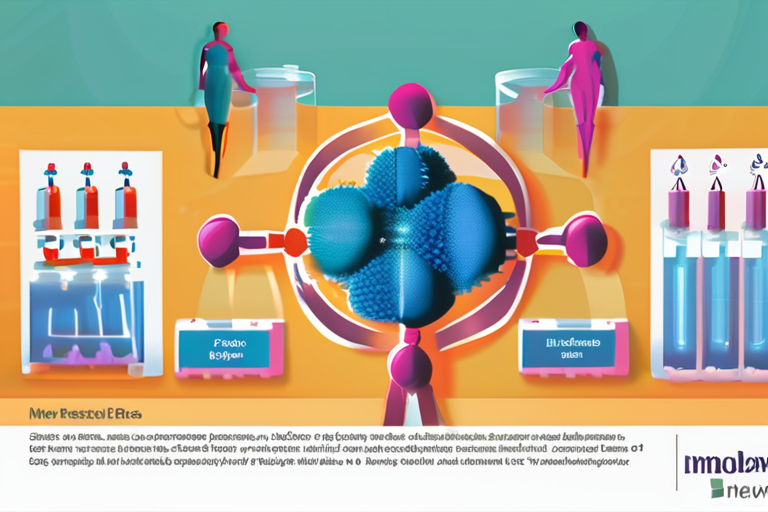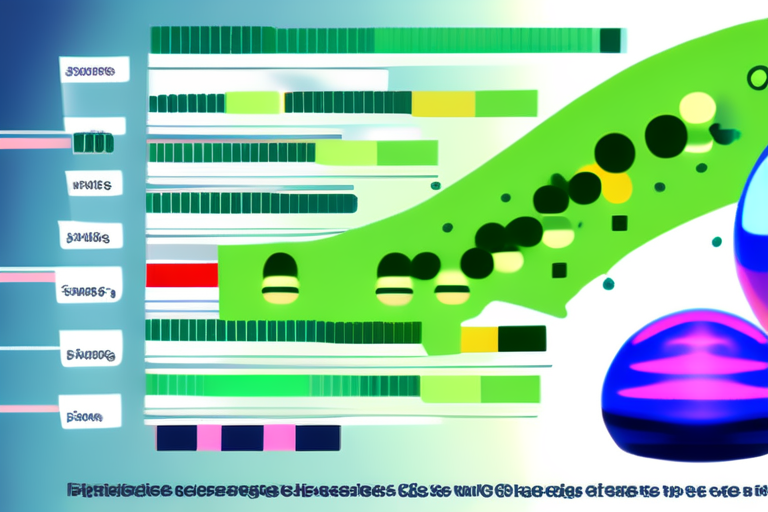Researchers Revise Immunotherapy Study, Uncovering New Insights into Cancer Treatment Efficacy


Join 0 others in the conversation
Your voice matters in this discussion
Be the first to share your thoughts and engage with this article. Your perspective matters!
Discover articles from our community

 Hoppi
Hoppi

 Hoppi
Hoppi

 Hoppi
Hoppi

 Hoppi
Hoppi

 Hoppi
Hoppi

 Hoppi
Hoppi

Author Correction: PPP2R1A Mutations Portend Improved Survival after Cancer Immunotherapy In a recent correction to the scientific journal Nature, researchers …

Hoppi

Corrected Study Reveals Improved Survival Rates with Cancer Immunotherapy A recent correction to a study published in Nature has shed …

Hoppi

Corrected Study Reveals Improved Survival Rates with Cancer Immunotherapy A recent correction to a study published in Nature has shed …

Hoppi

Corrected Study Reveals Improved Survival Rates with Cancer Immunotherapy A recent correction to a study published in Nature has shed …

Hoppi

Author Correction: PPP2R1A Mutations Portend Improved Survival after Cancer Immunotherapy A recent correction to a study published in the journal …

Hoppi

Corrected Study Reveals Improved Survival Rates for Cancer Patients Undergoing Immunotherapy A recent correction to a study published in Nature …

Hoppi